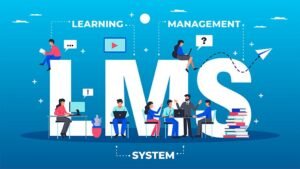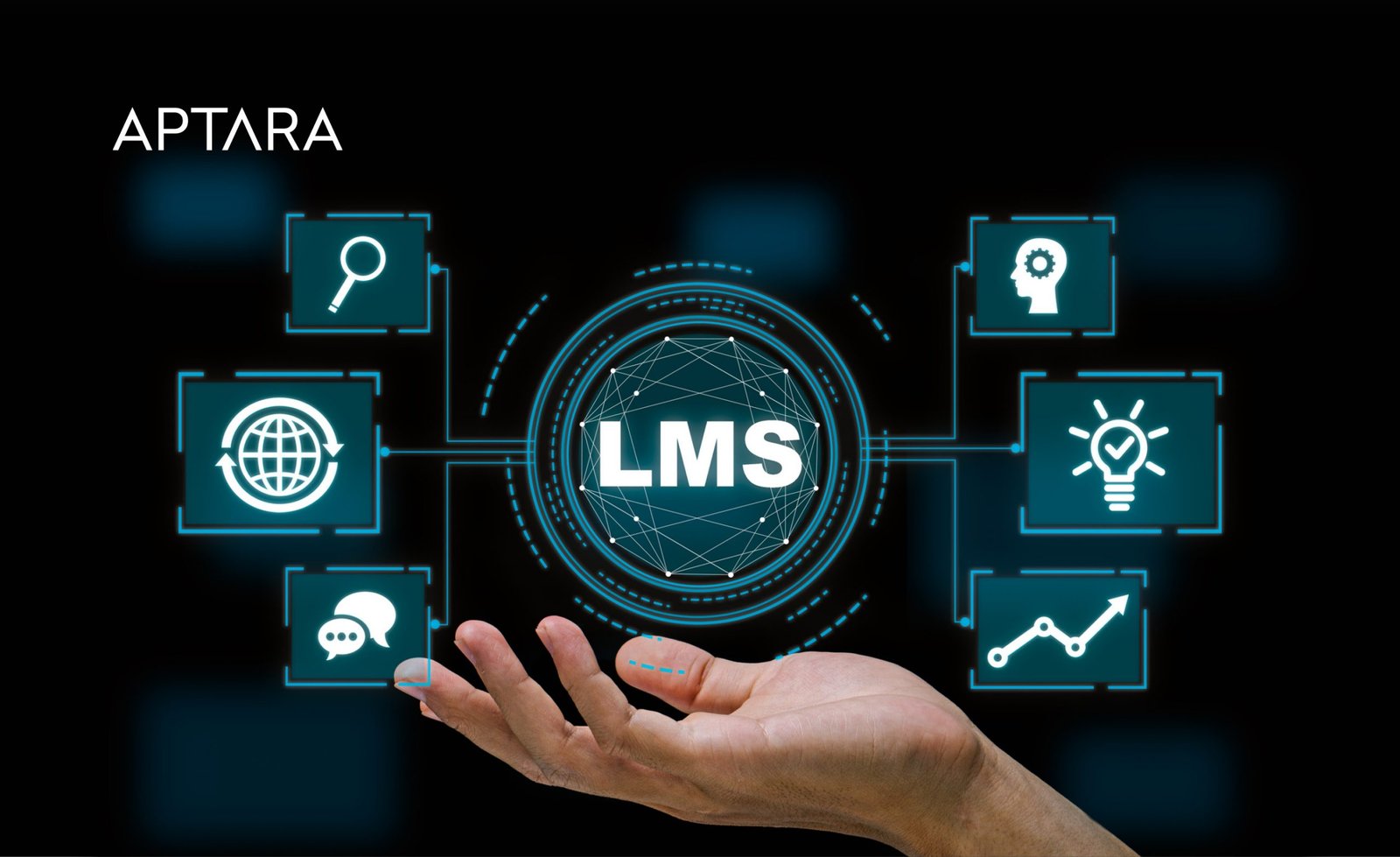Introduction
In today’s fast-paced business world, learning and development (L&D) are critical for organizational growth. Companies are increasingly turning toward digital platforms to train, upskill, and engage employees. At the center of this transformation is the Learning Management System (LMS).
An LMS has become an essential tool for modern workplaces, streamlining training, boosting knowledge retention, and making education accessible from anywhere. This article explains what an LMS is, its features, benefits, and how it shapes modern workplace learning.
What Is an LMS?
A Learning Management System (LMS) is a software application or online platform designed to manage, deliver, and track training and educational programs.
In simple terms, an LMS allows organizations to:
-
Create and host training materials.
-
Assign courses to employees.
-
Monitor learner progress and performance.
-
Generate reports for HR and management.
Think of it as a digital classroom where both trainers and learners interact seamlessly.
Key Features of an LMS
To understand the role of an LMS in workplace learning, let’s explore its core features:
-
Course Management – Upload, organize, and manage training modules in various formats (text, video, audio, SCORM files).
-
User Management – Add employees, assign courses, and group learners by department or role.
-
Assessment Tools – Create quizzes, assignments, and tests to measure knowledge retention.
-
Reporting & Analytics – Track learner progress, course completion rates, and skill development.
-
Mobile Learning – Provide access via smartphones and tablets for on-the-go learning.
-
Gamification – Add badges, leaderboards, and points to increase learner engagement.
-
Integration Capabilities – Connect with HR software, payroll systems, and productivity tools.
Why Companies Use an LMS
Businesses adopt Learning Management Systems for multiple reasons:
-
Efficiency – Deliver training to hundreds or even thousands of employees simultaneously.
-
Cost Savings – Reduce expenses associated with classroom training, travel, and printed materials.
-
Scalability – Roll out training programs quickly across global offices.
-
Customization – Tailor training to different job roles, departments, or employee needs.
-
Compliance – Ensure mandatory compliance training is completed on time.
 How LMS Shapes Modern Workplace Learning
How LMS Shapes Modern Workplace Learning
The modern workplace is no longer limited to physical classrooms or outdated training manuals. An LMS reshapes learning in several impactful ways:
1. Accessibility & Flexibility
Employees can access training materials anytime, anywhere. This flexibility ensures continuous learning without disrupting daily work.
2. Personalized Learning Paths
An LMS allows businesses to assign custom learning paths based on job roles, skill gaps, or career goals. This keeps training relevant and engaging.
3. Real-Time Tracking
Managers can track employee progress instantly. This data-driven approach ensures that HR teams know who needs additional support.
4. Remote & Hybrid Work Support
With remote work becoming the norm, an LMS ensures all employees—regardless of location—receive the same quality training.
5. Continuous Upskilling
Modern workplaces require constant reskilling and upskilling. LMS platforms make it easier to roll out new courses whenever business needs change.
6. Better Employee Engagement
Features like gamification, interactive learning modules, and social learning increase participation and motivation.
7. Compliance and Certification
Industries like healthcare, finance, and aviation require strict compliance training. LMS platforms ensure that employees stay certified and compliant.
Benefits of LMS for Organizations
For Employers
-
Reduced training costs.
-
Standardized learning across departments.
-
Improved reporting and accountability.
-
Faster onboarding of new hires.
For Employees
-
Flexibility in learning.
-
Personalized courses that fit their career path.
-
Better knowledge retention through interactive modules.
-
Motivation through rewards and gamification.
Examples of LMS in Workplace Learning
Some popular LMS platforms shaping workplace learning include:
-
Moodle – Open-source LMS with strong customization.
-
TalentLMS – Simple, scalable cloud LMS.
-
Docebo – AI-powered workplace learning platform.
-
Cornerstone OnDemand – Known for enterprise-level learning solutions.
These platforms showcase how diverse industries—from IT and finance to retail and healthcare—use LMS to train employees effectively.
SEO Keywords to Target
To rank this article, here are some keywords to naturally include:
-
What is an LMS
-
Learning Management System benefits
-
LMS for workplace learning
-
Online training software for employees
-
Corporate LMS solutions
-
How LMS helps businesses
-
Modern workplace learning tools
FAQs
Q1: What does LMS stand for?
Ans: LMS stands for Learning Management System, a digital platform for managing training.
Q2: How does an LMS benefit small businesses?
Ans: An LMS reduces training costs and provides scalable solutions even for small teams.
Q3: Can employees access LMS courses on mobile devices?
Ans: Yes, most LMS platforms are mobile-friendly and support learning on the go.
Q4: Is an LMS suitable only for large companies?
Ans: No, small and medium businesses also benefit by providing structured, cost-effective training.
Q5: What’s the difference between LMS and e-learning?
Ans: E-learning is the content (courses, videos, modules), while an LMS is the platform that delivers and manages that content.
Conclusion
The modern workplace demands continuous learning, and an LMS has become a cornerstone of corporate training. By offering accessibility, personalization, and measurable outcomes, Learning Management Systems help organizations stay competitive while ensuring employee growth.
From onboarding new hires to providing compliance training and ongoing professional development, an LMS is not just a software tool—it’s a strategic investment in the future of work.
As companies continue to embrace digital transformation, the role of an LMS in shaping modern workplace learning will only grow stronger.
Also read:Nuzillspex Advisors: A Complete Guide to the Emerging Advisory Brand











